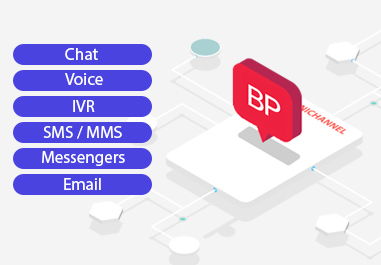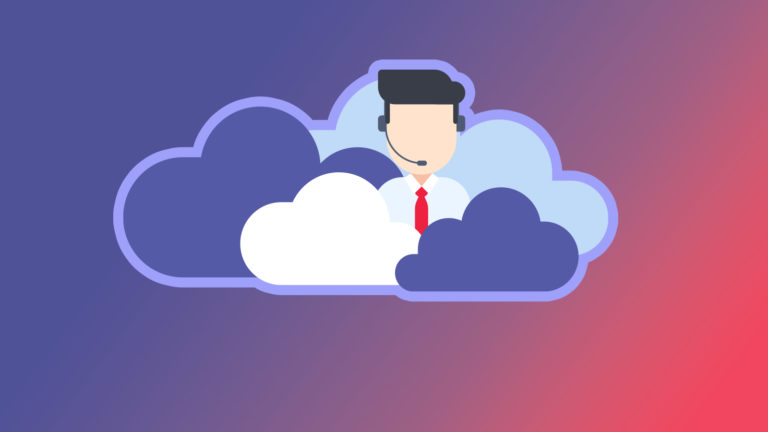Call center software and figuring out which one to select can be a major business decision for organizations and companies. Choosing the right call center software can improve customer service, save time and costs for businesses, and improve workforce performance and productivity. Choosing the wrong call center software, however, can actually make operating a call center more costly, increase friction in the customer experience, and cause headaches for both agents and customers. When comparing call center software and choosing the right one for your business, here are some of the things you need to look out for.
On-Premise v.s. Cloud-Based
One of the main things to look for when comparing call center software is to see how the contact center solution is architected. The difference between the effectiveness of an on-premise solution and a cloud-based solution is massive, and can directly affect the performance and costs of your call center.
An on-premise solution is a solution that is hosted in-house. This means that things like call center hardware and software is hosted on-premise. This means that things like software upgrades, adding new call center technology, and scaling up and down is often difficult and costly.
A cloud-based solution is when a contact center software is hosted on the cloud. This means that the contact center software is hosted in a big, secure data center and is downloadable with just an internet connection. This makes a cloud-based solution accessible, scalable, and easy-to-maintain. Since it is cloud-based, only the software vendor has to update and maintain the software, reducing time, cost, and headache for the business.
Integrations Offered
A big factor in deciding which call center software your business should choose is seeing what integrations are offered by the vendor. A call center software needs to integrate with the software that your business needs for its use cases. This means integrations with record management systems, CRMs, Microsoft Teams, and AI. A call center software that can integrate as much software as your business needs can vastly improve the performance of your call center, and improve the customer experience by making the experience more seamless for both your agents and customers.
Support of Communication Channels
Finally, you need a call center software that can adapt to modern communication methods and modern digital channels. Your call center software needs to be able to support traditional channels like voice and email as well as emerging, digital channels like SMS, text messaging, video call, web chat, messenger apps, and social media.
Not only should your call center vendor support these emerging communication channels, but they should also support these emerging communication channels in an intelligent, efficient way to allow for frictionless communication. To do this, your call center needs a contact center software that support omnichannel communication. Omnichannel communication is a way of supporting traditional and digital channels that allows agents and customers to seamlessly switch between communication channels, all while the context of the conversation is in front of the agent.
An omnichannel platform can help boost agent productivity and improve customer experience, and it is the preferred way of communication between agents and customers over multichannel.
Bright Pattern’s Omnichannel Call Center Software
Bright Pattern’s call center software was built as an omnichannel solution from the very beginning, and is hosted on the cloud for easy access and cost savings. Bright Pattern’s powerful contact center solution also integrates with the latest technology, like AI, CRMs, native record management systems, Microsoft Teams, and more.





